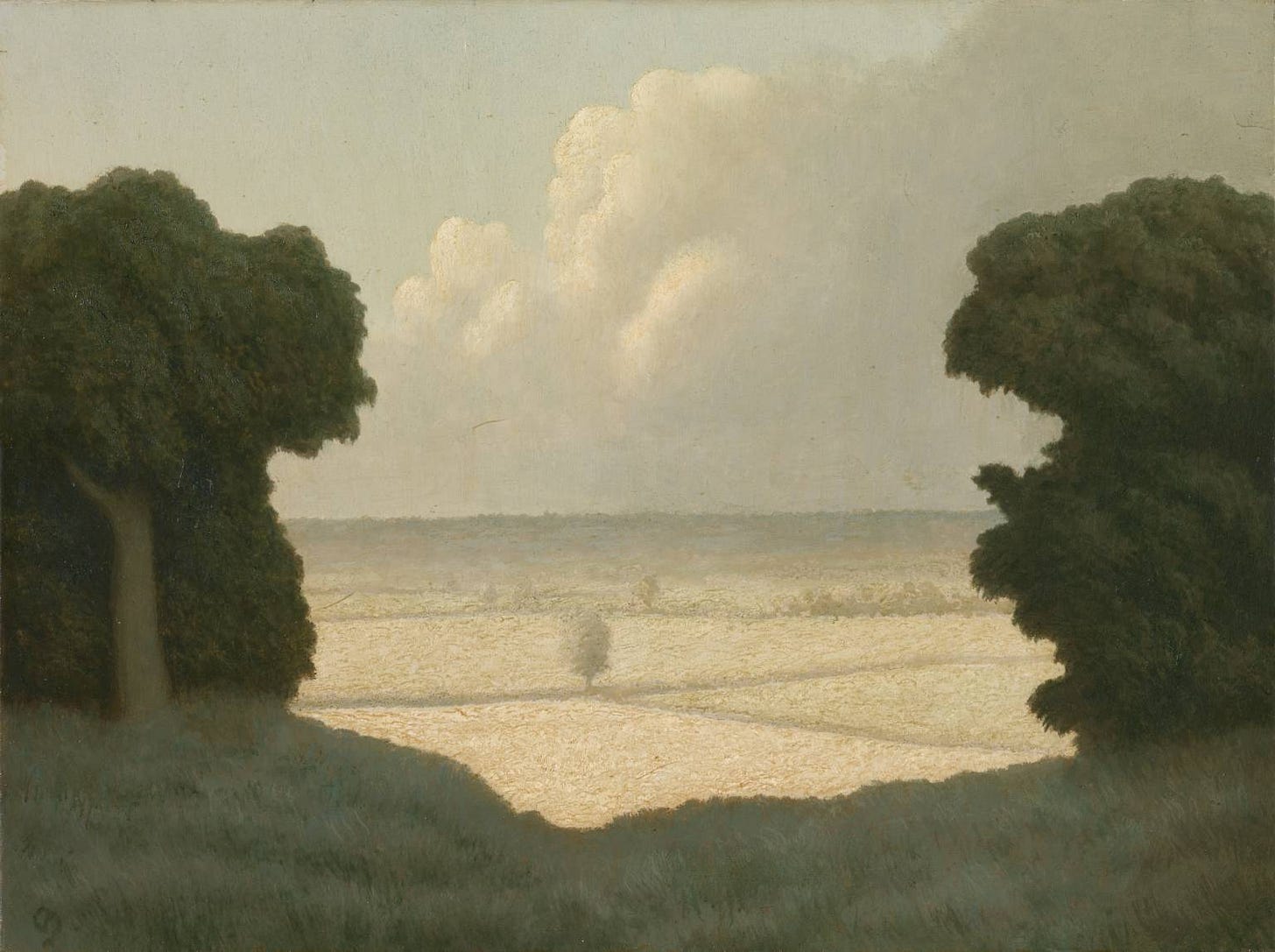Loss
I have been reading Vesper Flights by Helen Macdonald. It is a collection of nature essays exploring the relationship between humans and the natural world and is permeated with a profound sense of loss. In Ashes, an essay dealing with the loss of Ash and Elm trees to invasive disease, Macdonald writes: "Increasingly, knowing your surroundings, recognising the species of animals and plants around you, means opening yourself to constant grief." Getting to know the natural world in the second decade of the 21st century is very much a story of loss.
A few years back I listened to Michael McCarthy talking about his book The Moth Snowstorm, poignantly remembering a time not so long ago when a summer night's drive down a country lane would involve the accidental massacre of swarms of insects their bodies plastered on the car grille, windshield, and reduced to sticky globs on headlights. When I say he was remembering a time I don't mean he was remembering the close of the 19th century, or pre-war rural Shropshire. I mean a time that was well within my own lifetime. And despite my daughter’s regular quips to the contrary, I'm not actually that old. I remember night rides down hedgerowed lanes, watching the small ghostly bodies of moths dancing in circles, suspended in the yellow wash of our car lights before being extinguished either by the darkness outside our beams, or by the metal onrush of our car bonnet. I saw for myself the following morning what carnage even a short drive could do. That was only 30 years ago. You need a stadium floodlight attached to the roof of your car these days to attract even a single nocturnal insect.
Harkening back through rose-tinted-spectacles generally gets you an eye roll from the younger members of the household. But we're talking some astonishingly fast deterioration, and any pair of specs will show you what losing, and how fast. The more we look, the deeper the sense and knowledge of loss. We can't allow the baseline to shift any further. We should be measuring loss and future progress not from what we see today, but what we had fifty, seventy-five, one hundred years ago.
Two or three years back I went on a field trip with my daughter's class to the Downs. I've written about the Downs before. It comprises about 400 acres of prime, flat Bristol real estate, and on a fine summer day (or any half-decent day in lockdown) most of Bristol turns out onto them. They are home to several unique or rare species and regularly attract a range of wildlife pleasingly beyond the scope of an urban garden. We went to turn rocks over, look under dead wood, and dig in the dirt for bugs. We went to find life, and to record our findings. I had recently read Wilding by Isabella Tree and was aware of recent German studies that had shown a 70% drop in insect life across the range of studied reserves.
I wasn't prepared for the almost total lack of soil life we found that day. I was so depressed I brought it up with a patient lady from the zoo who had come along to oversee proceedings. She nodded solemnly. She'd read the same studies.
It seems to me we have lost at least twice over. The first loss is obvious: We have lost so much life. The second is less obvious but equally chilling. Our children have lost out on the experience of animal abundance, regular everyday reminders – winging through trees, crawling under bricks, tunnelling in the earth – that we share this world with equally valuable other lives and that our very existence depends on them. Beyond a few fast-receding examples in indigenous cultures, I don’t think humanity has ever truly grasped that fact.
At the close of Ashes Macdonald asks "Are we now becoming inured to a new narrative of nature, in which ecosystem-level change in accelerated timescales is part of the background of everyday life?" I hope not, but it sure seems that way.


